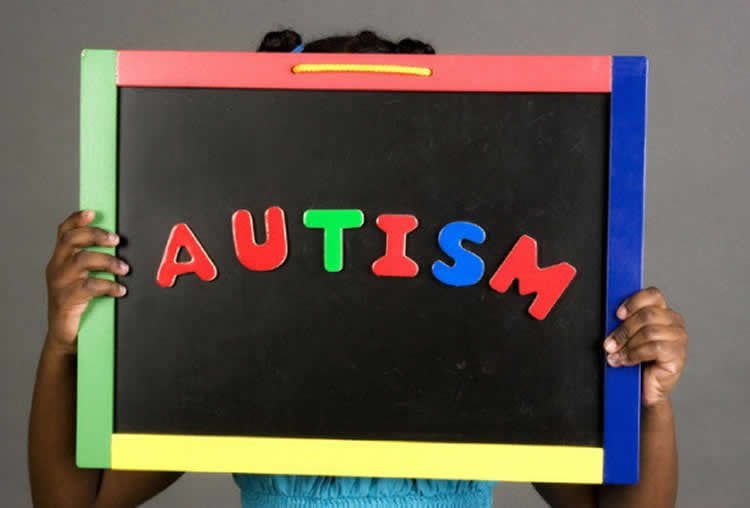Autistic girls are more socially motivated and have more intimate friendships than autistic boys, but are not as good as girls without autism at recognising conflict in those friendships.
That is the finding of research being presented today at the annual conference of the British Psychological Society’s Division of Educational and Child Psychology by Felicity Sedgewick, Vivian Hill and Professor Liz Pellicano from the Centre for Research in Autism and Education at the UCL Institute of Education, University College London.
Felicity Sedgewick analysed the responses of 46 young people aged between 12 and 16 years and of similar intellectual ability – 13 autistic girls, 13 non-autistic girls, 10 autistic boys and 10 non-autistic boys – on a number of psychological measures.
The results showed that autistic and non-autistic girls had similar scores for social motivation and friendship quality, although autistic girls reported significantly less conflict in their best friendships. Autistic boys were less socially motivated, with qualitatively different friendships that were less secure, helpful or close than non-autistic boys.
Interviews with the participants backed up these findings with one exception: autistic girls reported higher levels of relational aggression.
Felicity Sedgewick said:
“Autism is seen as being much more common in boys because more boys than girls are diagnosed as being on the spectrum. This may be because diagnostic tools and criteria have been developed with boys and so are more biased towards identifying a ‘male presentation’ of autism.
“So it is important to look at possible differences between autistic girls and boys to understand differences in the presentation of autistic features, which in the long run should help us better able to identify autism in girls.
“Social relationships are likely to be a key area where these gender differences occur, as we know that there are marked differences between typical boys and girls.
“One of the most striking findings of our study was that that the friendships of autistic girls were more like those of non-autistic girls than they were like the friendships of autistic boys.

“There was one point on which the two groups of girls differed, however, and that was with regards to their perception of conflict, with autistic girls often failing to recognise this conflict within their friendships.
“Our findings show that the problems dealing with social relationships are more subtle in autistic girls than they are in autistic boys, which might contribute to the difficulties detecting autism in girls. Dealing with conflict with friends and significant others could be an important area to target when supporting girls and young women on the spectrum.”
Source: British Psychological Society
Image Credit: The image is in the public domain
Original Research: The findings were presented at the DECP Annual Conference in London.







